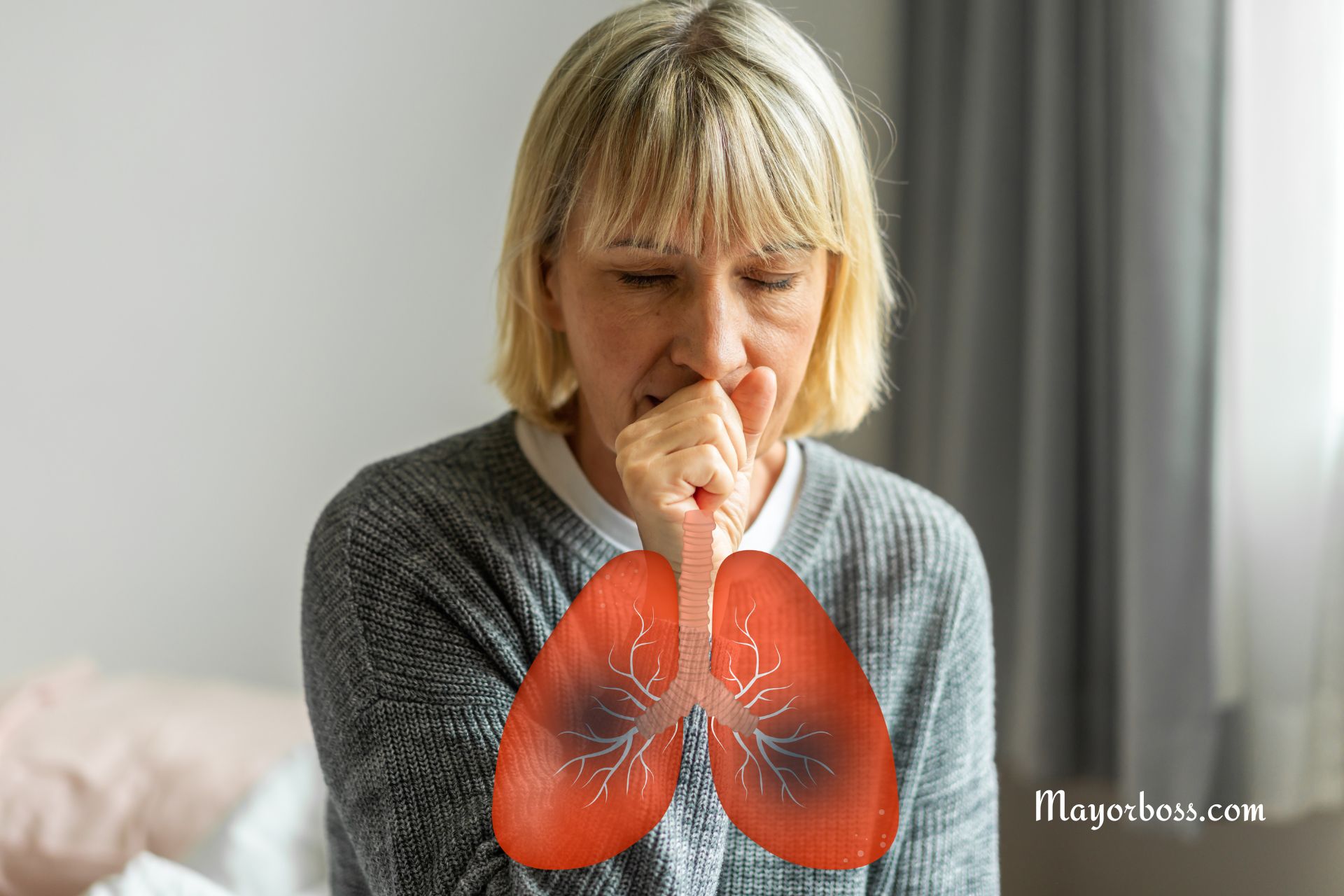5 signs your body is not getting enough protein
Protein helps our muscles and bones stay strong, supports healthy skin, and keeps our immune system in top shape as we age. Even though many of us try to eat balanced meals, we sometimes do not get all the protein we need. In this article, we describe five common signs that could indicate a protein shortage.

1. Weak or Diminishing Muscle Strength
First, one might notice a gradual loss of muscle strength. You might sense that tasks you once tackled with ease, such as lifting a box or climbing stairs, now leave you feeling fatigued. Muscles need protein to build and repair their fibers. If you deprive your body of this vital nutrient, your muscles cannot stay strong, and you may experience reduced endurance and stamina.
If this problem sounds familiar, you might try boosting your protein intake through lean meats, legumes, or dairy products. Even a simple snack of peanuts or Greek yogurt can be a smart choice when you wish to support muscle health.
2. Thin or Brittle Hair
Our hair, much like the rest of our bodies, depends on protein for its structure. Keratin, a form of protein, provides hair with its strength and resilience. When a person’s diet is lacking in protein, the body often reduces the use of available protein for hair production since it must prioritize more critical functions like muscle repair.
This may lead to hair that breaks easily or appears noticeably thinner than before. If you observe strands of your hair breaking off more frequently, consider whether your meals include enough protein. Eggs, fish, poultry, and beans are all superb ways to give your hair-building cells the protein they need.
3. Slow Healing Wounds
If cuts or scrapes on your skin take an unexpectedly long time to heal, that may be a clue you are not getting the right amount of protein. Amino acids, the building blocks of protein, play a role in repairing damaged tissues. If our daily diet lacks sufficient protein, the healing process can be sluggish because the body does not have enough raw materials to rebuild tissues properly.
To address this issue, pay close attention to your diet. Balanced meals containing fruits, vegetables, whole grains, and protein sources will assist the body in restoring broken skin and other tissues with better speed.
4. Frequent Mood Changes or Fatigue
Have you ever noticed yourself feeling unusually irritable or more tired than normal? Protein helps stabilize the body’s glucose supply and contributes to hormone balance. When there is inadequate protein in the diet, energy levels can fluctuate quickly, and mood swings may become more common.
One practical method to handle this challenge is to include more balanced snacks throughout the day. Reach for a combination of healthy carbohydrates and a solid protein source, such as nuts or low-fat cheese. In this way, you provide your mind and body with a steady flow of nutrients to keep you alert and upbeat.
5. Swollen Feet or Ankles
One lesser-known sign of protein deficiency is swelling in areas like the feet, ankles, or abdomen. Proteins in the blood work to keep fluid from leaking into surrounding tissues. When there is not enough protein available, fluids may accumulate, leading to swelling or puffiness.
If you notice swelling that seems puzzling, you should consider whether your diet is balanced. You might also consult a medical professional to rule out more serious causes. In many cases, an inadequate protein intake can play a considerable role in fluid retention.
Adding More Protein to Your Diet
A balanced diet that contains enough protein each day does not need to be complicated. Beans, lentils, eggs, meat, poultry, fish, and dairy are popular options.






